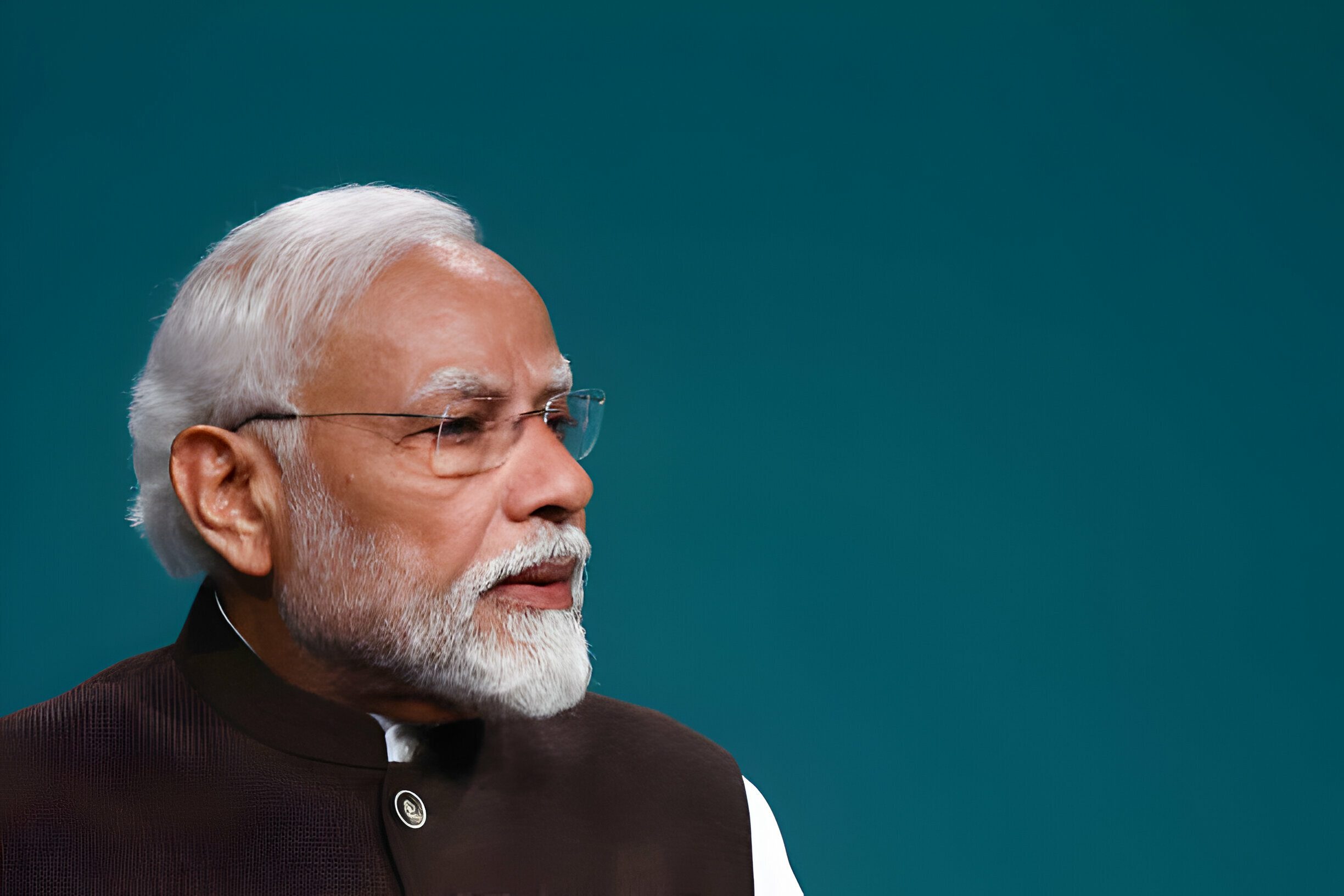Indian Prime Minister Narendra Modi recently marked the opening of a new Hindu temple, a development that takes place on a historically contentious piece of land, previously home to an ancient mosque. This event signifies more than just the unveiling of a religious site; it’s a clear signal from Modi as India approaches the critical 2024 national elections. The move is seen as a tactical play, reigniting a communally sensitive issue that has been a cornerstone of his party’s rise to power in India.
The Political Strategy Behind the Temple
The inauguration is not just a ceremonial event; it is a strategic move by Modi, who is eyeing a third term in office. His party, the Bharatiya Janata Party (BJP), which embraces Hindu nationalism, is framing its campaign around Modi’s image as a symbol of Hindutva. This move consolidates the party’s focus on fulfilling its ideological, political, and economic pledges.
Historical Context of Ayodhya Dispute
The dispute over the Ayodhya site has deep historical roots, dating back to the 1500s. It started with the construction of a mosque by a Muslim Mughal emperor on a site claimed by Hindus as the birthplace of the deity Lord Ram. The contention is that this mosque was erected over an existing temple, leading to recurrent conflicts between the Hindu and Muslim communities since as early as the 1850s.
The Ram Janmabhoomi movement, advocating for reclaiming the land for a Hindu temple, has been a longstanding and controversial campaign.
The Turning Point in 1992
A pivotal moment in this saga occurred on December 6, 1992, when a mob supporting Hindutva demolished the Babri Masjid, leading to immediate makeshift temple construction on the ruins. This act set off widespread religious riots across India, resulting in approximately 2,000 deaths, predominantly among Muslims.
The 2019 Supreme Court Ruling
In a landmark 2019 decision, India’s Supreme Court concluded a protracted legal struggle by awarding the disputed land to the Hindu community. The court directed the central government to establish a trust to supervise the construction of the temple. Despite acknowledging the illegal demolition of the Babri mosque, the ruling was largely perceived as a triumph for Modi and the BJP.
For supporters of Hindu nationalism, the construction of the Ram temple symbolizes a significant step towards their vision of India as a nation defined by its Hindu identity.

















